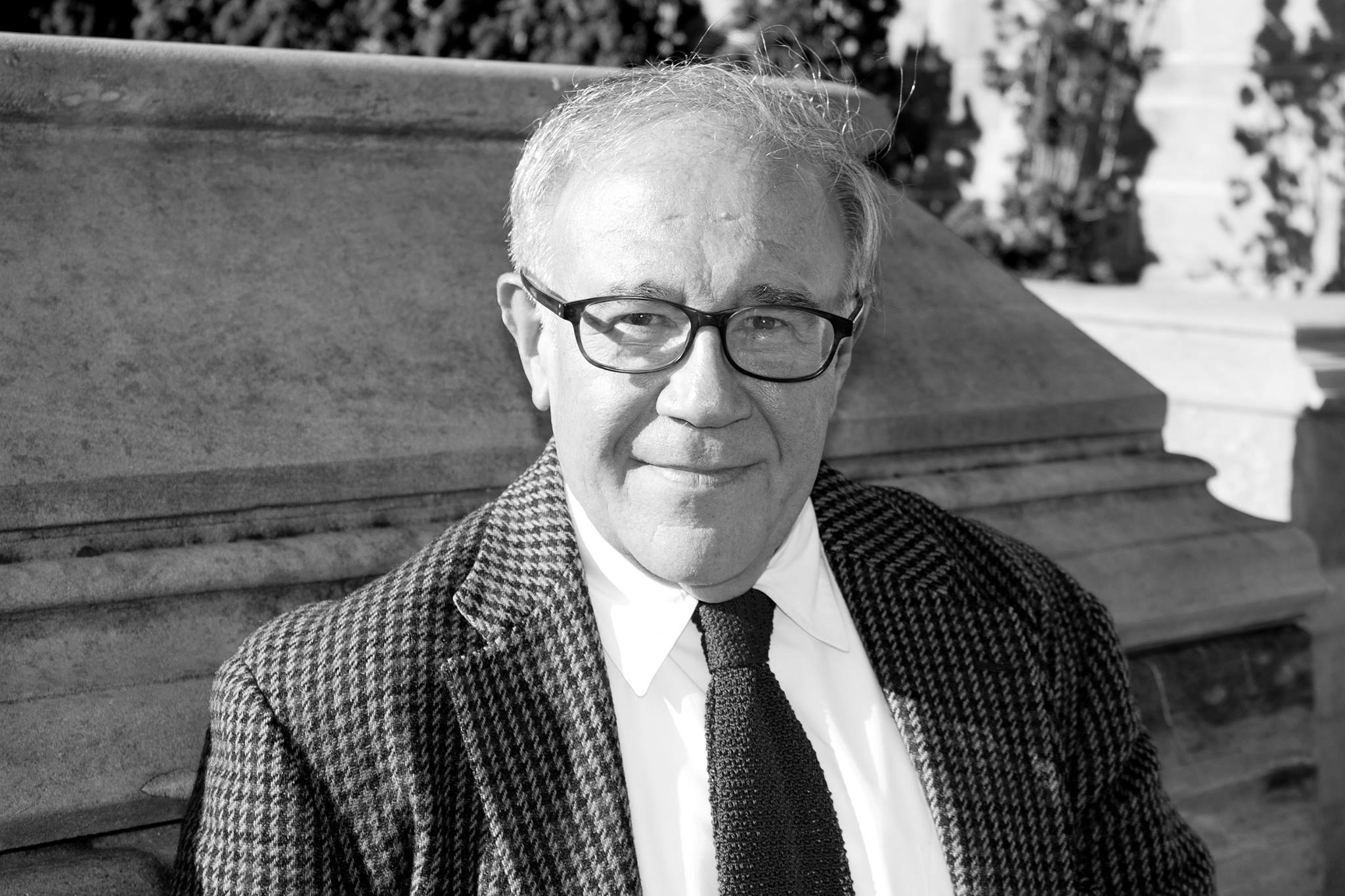Climate change will have the greatest impact on those living in poverty while also threatening democracy and human rights, according to the UN Special Rapporteur on extreme poverty and human rights.
The expert, Philip Alston said in a report by the UN Human Rights Council (UNHCR), “Even if current targets are met, tens of millions will be impoverished, leading to widespread displacement and hunger.”
“Climate change threatens to undo the last 50 years of progress in development, global health, and poverty reduction,” Alston said. “It could push more than 120 million more people into poverty by 2030 and will have the most severe impact in poor countries, regions, and the places poor people live and work.”
The best-case – and unrealistic – scenario of increase in global temperature of 1.5°C by 2100 will see extreme temperatures in many regions, leaving disadvantaged populations with food insecurity, loss of income, and worsening health. Many will have to choose between starvation and migration, says the UNHCR.
Alton said that while people in poverty are responsible for just a fraction of global emissions, they will bear the brunt of climate change and have the least capacity to protect themselves.
“We risk a ‘climate apartheid’ scenario where the wealthy pay to escape overheating, hunger, and conflict while the rest of the world is left to suffer,” added the expert.
What’s more, climate change will dramatically affect the rights to life, food, housing and water but this concern has been largely neglected according to the report. Equally important is the impact of global warming on democracy as governments struggle to manage the consequences and persuade their people to accept the major social and economic transformations required to properly deal with the issue.
“In such a setting, civil and political rights will be highly vulnerable,” the Special Rapporteur said.
“Most human rights bodies have barely begun to grapple with what climate change portends for human rights, and it remains one on a long laundry list of ‘issues’, despite the extraordinarily short time to avoid catastrophic consequences,” Alston explained.
“As a full-blown crisis that threatens the human rights of vast numbers of people bears down, the usual piecemeal, issue-by-issue human rights methodology is woefully insufficient.”
Sombre speeches by government officials at regular conferences are not leading to meaningful action. “States have marched past every scientific warning and threshold, and what was once considered catastrophic warming now seems like a best-case scenario,” Alston said. “Even today, too many countries are taking short-sighted steps in the wrong direction.”
Countries are still failing to meet event their current inadequate commitments to reduce carbon emissions and provide climate financing, while continuing to subsidise the fossil fuel industry to the tune of $5.2 trillion per year, says the UNHCR.
“Maintaining the current course is a recipe for economic catastrophe,” Alston said. “Economic prosperity and environmental sustainability are fully compatible but require decoupling economic well-being and poverty reduction from fossil fuel emissions.”
To do this, robust policies are required at the local level to support displaced workers and ensure quality jobs, suggest the report.
“A robust social safety net will be the best response to the unavoidable harms that climate change will bring,” Alston said. “This crisis should be a catalyst for states to fulfil long ignored and overlooked economic and social rights, including to social security and access to food, healthcare, shelter, and decent work.”
While some have turned to the private sector for solutions, an overreliance on for-profit efforts would nearly guarantee massive human rights violations, warned Alston, with the wealthy catered to and the poorest left behind.
“If climate change is used to justify business-friendly policies and widespread privatisation, exploitation of natural resources and global warming may be accelerated rather than prevented,” he said.
“There is no shortage of alarm bells ringing over climate change, and an increase in biblical-level extreme weather events appear to be finally piercing through the noise, misinformation, and complacency, but these positive signs are no reason for contentment,” Alston said. “A reckoning with the scale of the change that is needed is just the first step.”







